How Life Works: A User’s Guide to the New Biology
£11.99
A cutting-edge new vision of biology that proposes to revise our concept of what life is – from Science Book Prize winner and former Nature editor Philip Ball.
Biology is undergoing a quiet but profound transformation. Several aspects of the standard picture of how life works have been exposed as incomplete, misleading, or wrong.
In How Life Works, Philip Ball explores the new biology, revealing life to be a far richer, more ingenious affair than we had guessed. With this knowledge come new possibilities. Today we can redesign and reconfigure living systems, tissues, and organisms. We can reprogram cells, for instance, to carry out new tasks and grow into structures not seen in the natural world. Some researchers believe that ultimately we will be able to regenerate limbs and organs, and perhaps even create new life forms that evolution has never imagined.
Incorporating the latest research and insights, How Life Works is a sweeping journey into this new frontier of the nature of life, a realm that will reshape our understanding of life as we know it.
Read more
Additional information
| Publisher | Picador (9 Nov. 2023) |
|---|---|
| Language | English |
| File size | 18217 KB |
| Text-to-Speech | Enabled |
| Screen Reader | Supported |
| Enhanced typesetting | Enabled |
| X-Ray | Not Enabled |
| Word Wise | Not Enabled |
| Sticky notes | On Kindle Scribe |
| Print length | 682 pages |

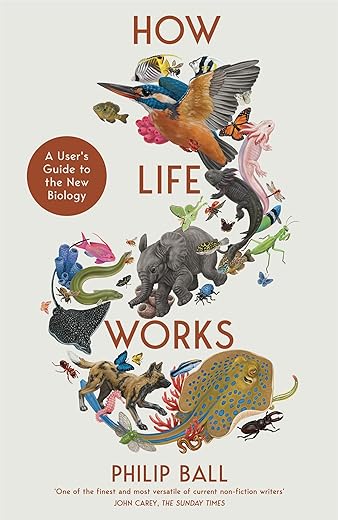

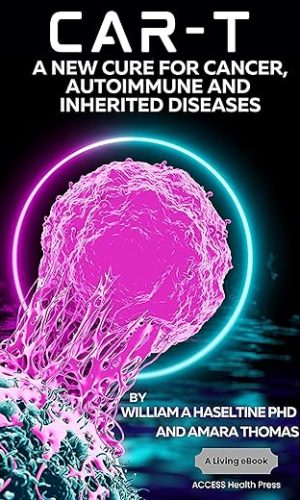
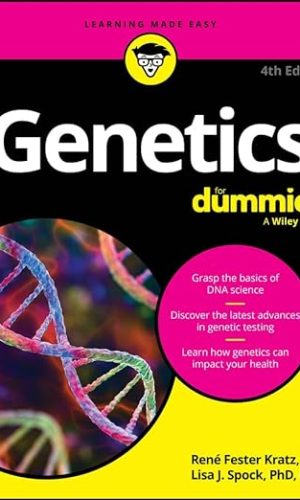

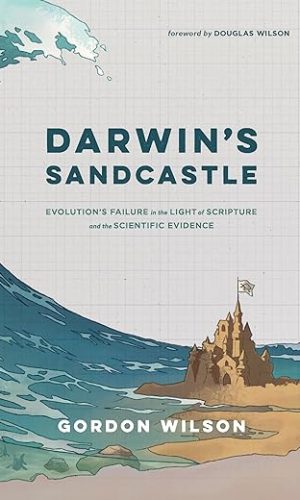
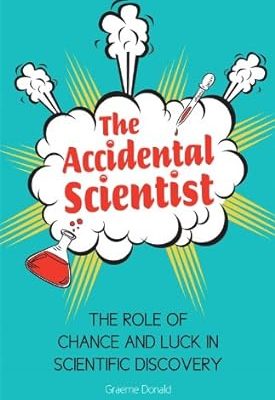

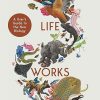
by Kate Vane
This was fascinating. Ball argues that DNA is not, as the headlines tell us, the blueprint which shapes all life. Such metaphors (another is the cell as a factory) are useful up to a point, but they can lull us into thinking that they provide a complete and accurate picture. Interactions within and between cells are much more complex and unpredictable.
The earlier chapters, dealing with topics such as DNA, RNA and proteins, were more challenging to me as a non-scientist and sent me back to my Biology for Dummies.
However, the chapters on the physics of life, and whether life has cognition, even at the cellular level, were especially interesting. Does it make sense to talk of life having agency and purpose? What are the implications?
You’ll probably get the most out of this if you have a science background, but even as a general reader, I found it intriguing.